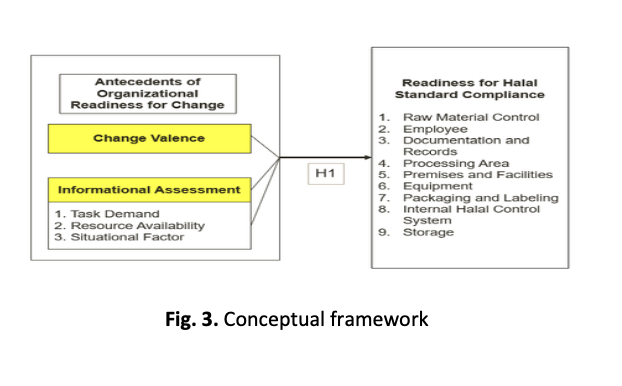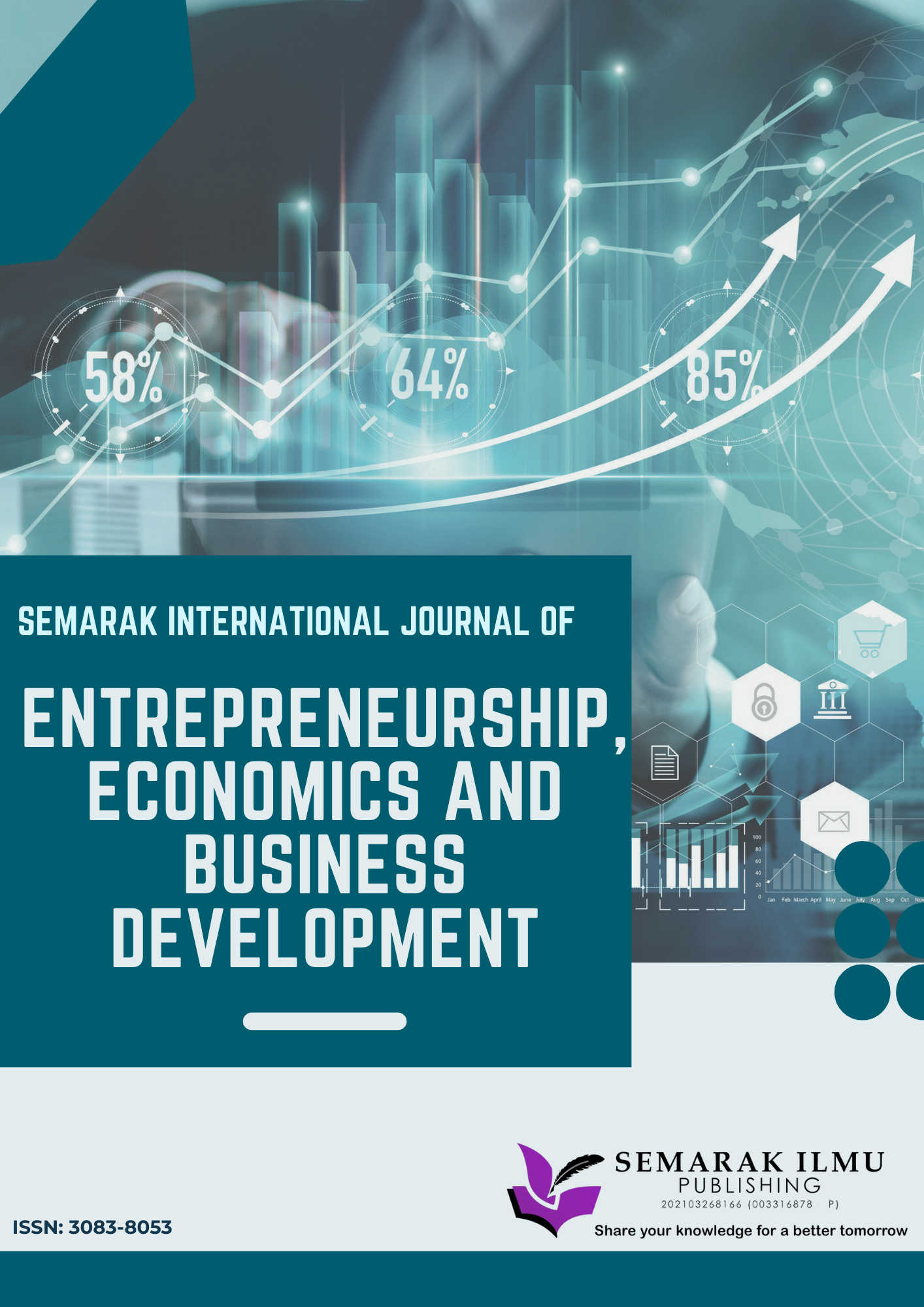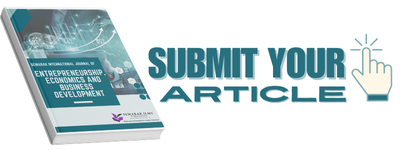Building Halal-Ready Enterprises: An Integrated Framework of Organizational Change Readiness for Malaysian Small and Micro Firms
DOI:
https://doi.org/10.37934/sijeebd.5.1.115Keywords:
Halal compliance, organizational change readiness, small and micro enterprises, change valence, informational assessment, MalaysiaAbstract
The development of a robust halal ecosystem in Malaysia necessitates the active participation of small and micro food enterprises (SMiEs), who are often challenged by limited resources and organizational constraints in meeting halal certification requirements. Despite the comprehensive guidelines provided under the Malaysian Halal Certification Procedure Manual (MPPHM), many SMiEs remain unprepared to align their internal readiness with these technical compliance standards. This Halal-Ready study aims to introduce a conceptual framework that integrates both psychological and technical elements of organizational change readiness to explain SMiEs’ readiness for halal compliance. Guided by the Organizational Readiness for Change (ORC) theory, this conceptual paper adopts a qualitative synthesis approach to examine the influence of change valence and informational assessment, comprising task demands, resource availability, and situational factors, on the motivation and capability of organizations to implement halal standards. The principal contribution of this study lies in reframing halal requirements as technical change outcomes, thereby linking organizational cognition and structure with halal-specific compliance expectations. The proposed framework offers new theoretical insights by adapting ORC theory to the halal context and delivers practical implications for policymakers and support agencies aiming to strengthen halal readiness among SMiEs. This paper concludes that achieving halal compliance is not solely a technical process, but one deeply rooted in organizational readiness for change.










